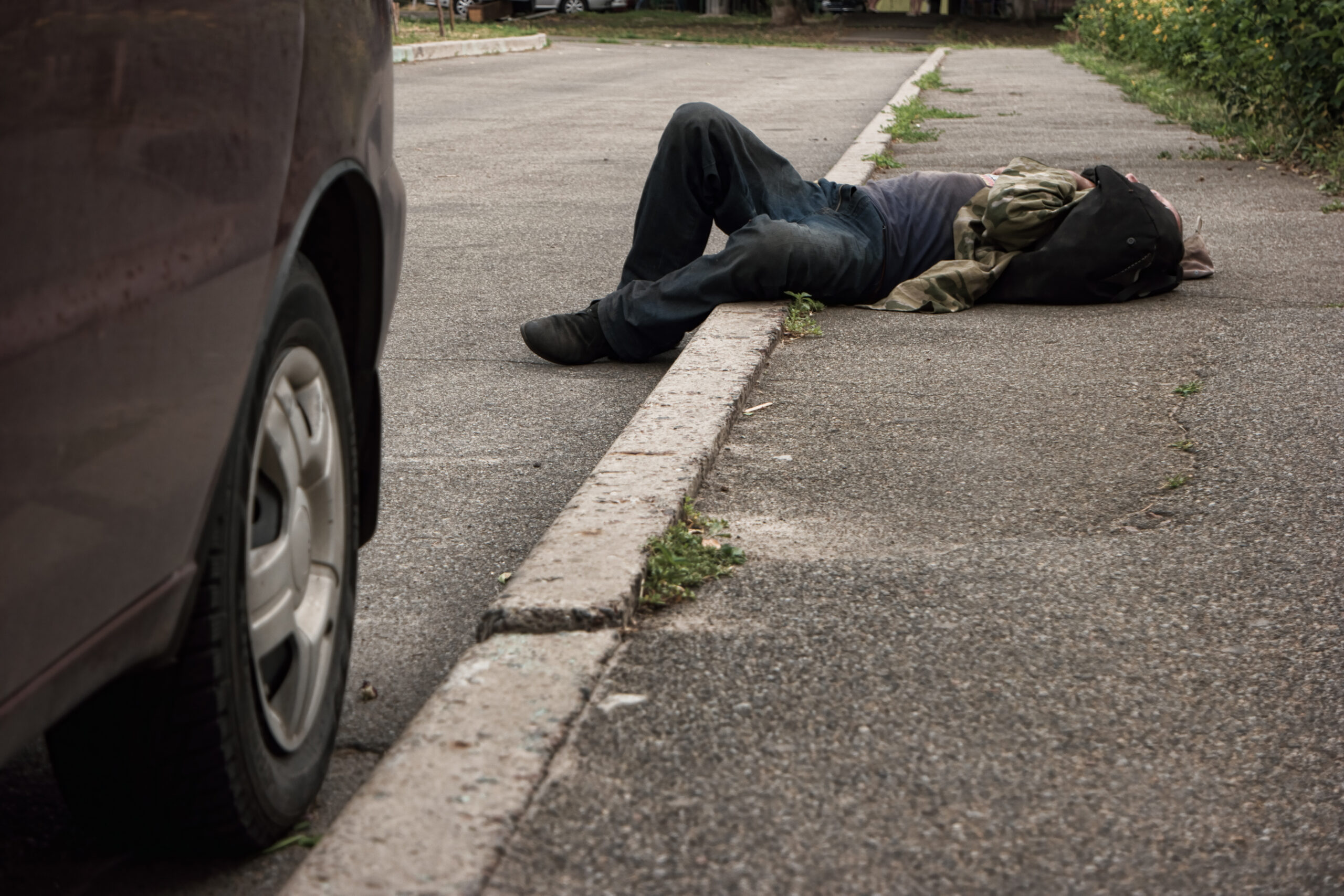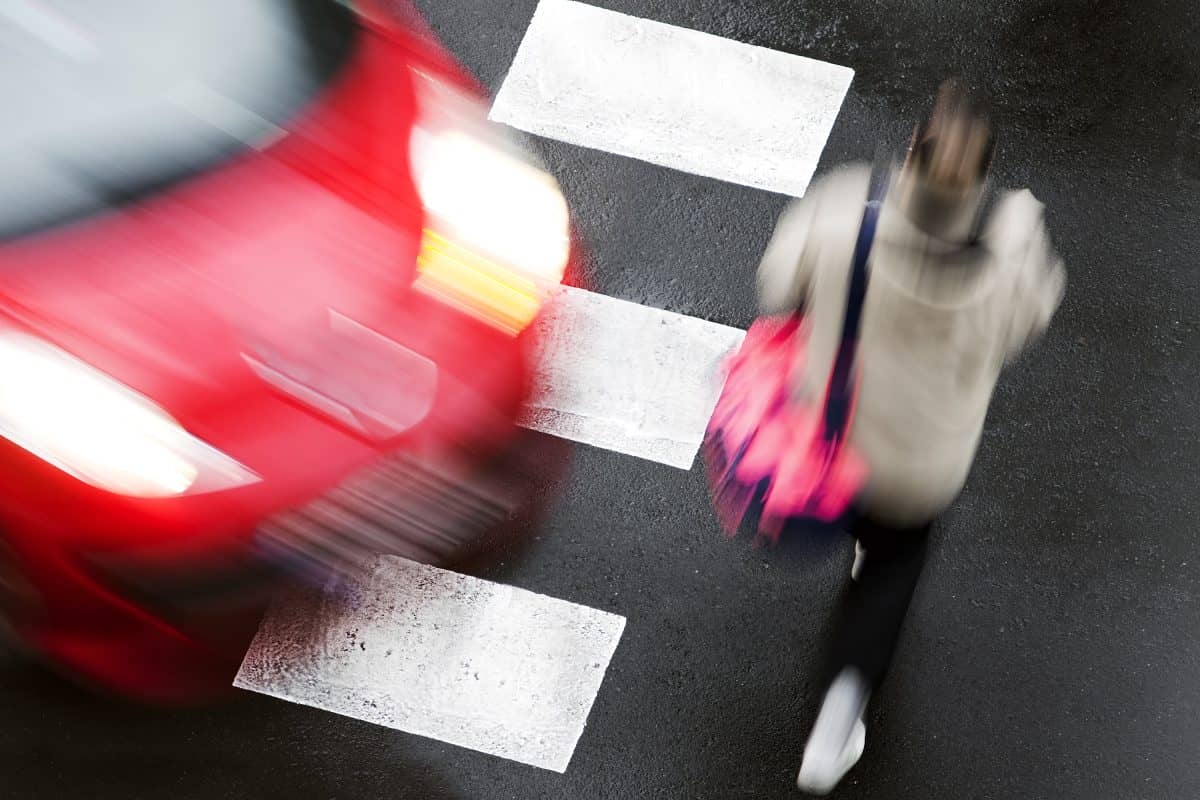
Table of Contents
A hit & run accident, also known as a hit-and-run collision or simply a hit-and-run, refers to a situation in which a driver involved in a traffic incident leaves the scene without stopping to provide information or assistance to the other parties involved, as required by law. This can involve striking another vehicle, a pedestrian, a cyclist, or even a fixed object, and then fleeing the scene. If you’ve been hit by a driver who left the scene of the accident, a Hit & Run Accident Lawyer can fight for you to get the financial compensation you deserve.
How Is a Hit & Run Accident Defined?
In a typical hit-and-run scenario, the responsible driver fails to:
Stop: After being involved in a car accident, a driver is legally obligated to stop their vehicle immediately or as soon as it’s safe to do so.
Exchange Information: The driver must exchange contact and insurance information with the other parties involved in the accident. This typically includes names, addresses, phone numbers, and insurance information.
Render Aid: If there are injuries or potential injuries to anyone involved, the driver must provide reasonable assistance, such as calling for medical help or ensuring that injured individuals receive necessary medical attention.
Types of Hit-and-Run Accidents
Hit-and-run accidents can involve various scenarios:
Vehicle-to-Vehicle: A driver collides with another vehicle and leaves the scene without providing information or assistance.
Vehicle-to-Pedestrian: A driver hits a pedestrian and leaves the scene without helping the injured person.
Vehicle-to-Cyclist: A driver strikes a cyclist and drives away without stopping to ensure the cyclist’s safety.
Single-Vehicle Accidents: Even if no other vehicle is involved, a hit-and-run can occur if a driver crashes into a property or object and leaves without reporting the incident.

Why Do Hit-and-Run Accidents Occur?
The reasons for leaving the scene of an accident can vary. They may include:
Fear of Legal Consequences: The driver may have outstanding warrants, a suspended license, or other legal issues that they fear would be discovered if they stayed at the scene.
Intoxication: If the driver is under the influence of alcohol or drugs, they might flee to avoid facing DUI charges.
Panic: Some individuals panic when accidents happen and make the poor decision to leave the scene out of confusion or fear.
Lack of Responsibility: Some drivers may lack a sense of responsibility or empathy and choose to flee the scene rather than fulfill their legal obligations.
Uninsured or Unlicensed: Drivers who lack proper insurance or a valid driver’s license might flee to avoid facing penalties.
Negligence: In some cases, drivers who are not paying attention might not even realize they caused an accident.
Leaving the scene of an accident is illegal and can result in serious consequences, including criminal charges, fines, license suspension, and even imprisonment, depending on the severity of the incident.
What Florida Laws Prohibit Leaving the Scene of an Accident?
In Florida, the laws related to leaving the scene of an accident, commonly referred to as “hit and run,” are covered under Florida Statutes Section 316.062.
Leaving the Scene of a Crash Involving Property Damage (Non-Injury)
Under Florida law, if a driver is involved in an accident that only causes damage to property (such as another vehicle or a stationary object), they are required to stop immediately at the scene or as close as possible and provide their contact information and driver’s license information to the owner of the property that was damaged or to a law enforcement officer.
Failure to do so can result in a misdemeanor charge, punishable by:
Up to 60 days in jail
Up to a $500 fine
- Leaving the Scene of a Crash Involving Injury or Death
If a driver is involved in an accident that results in injury or death to a person, the requirements are more stringent. In these cases, the driver is required to remain at the scene and provide information to the injured person(s) and law enforcement.
If the accident involves injury or death, and the driver willfully leaves the scene, they can be charged with a felony, which can result in more severe penalties:
- Accident Involving Injury (Third-Degree Felony)
Maximum of 5 years in prison
Maximum of a $5,000 fine
- Accident Involving Death (Second-Degree Felony)
Maximum of 15 years in prison
Maximum of a $10,000 fine
- Duty to Give Information and Render Aid
In addition to stopping at the scene and providing information, Florida law requires that a driver involved in an accident involving injury or death render “reasonable assistance” to any injured person. This may include seeking medical help or providing aid to the injured until help arrives.
If you’ve been hit by a driver who fled the scene of an accident, contact the police right away. After contacting the police and getting the medical care you need, reach out to us here at AccidentLawFirm.com.












